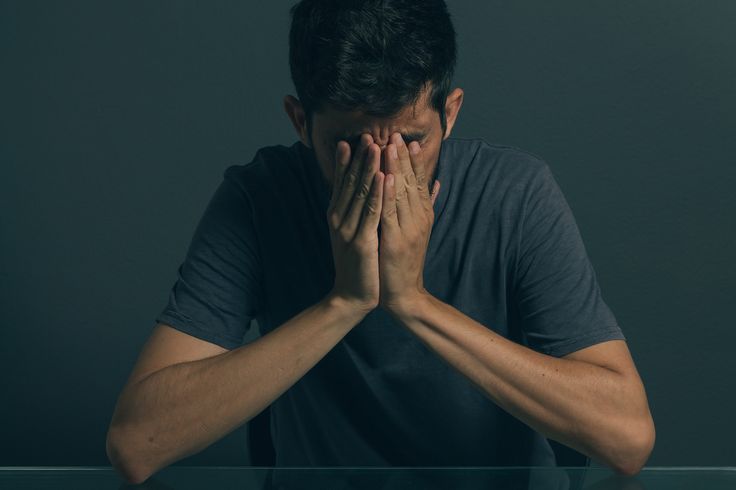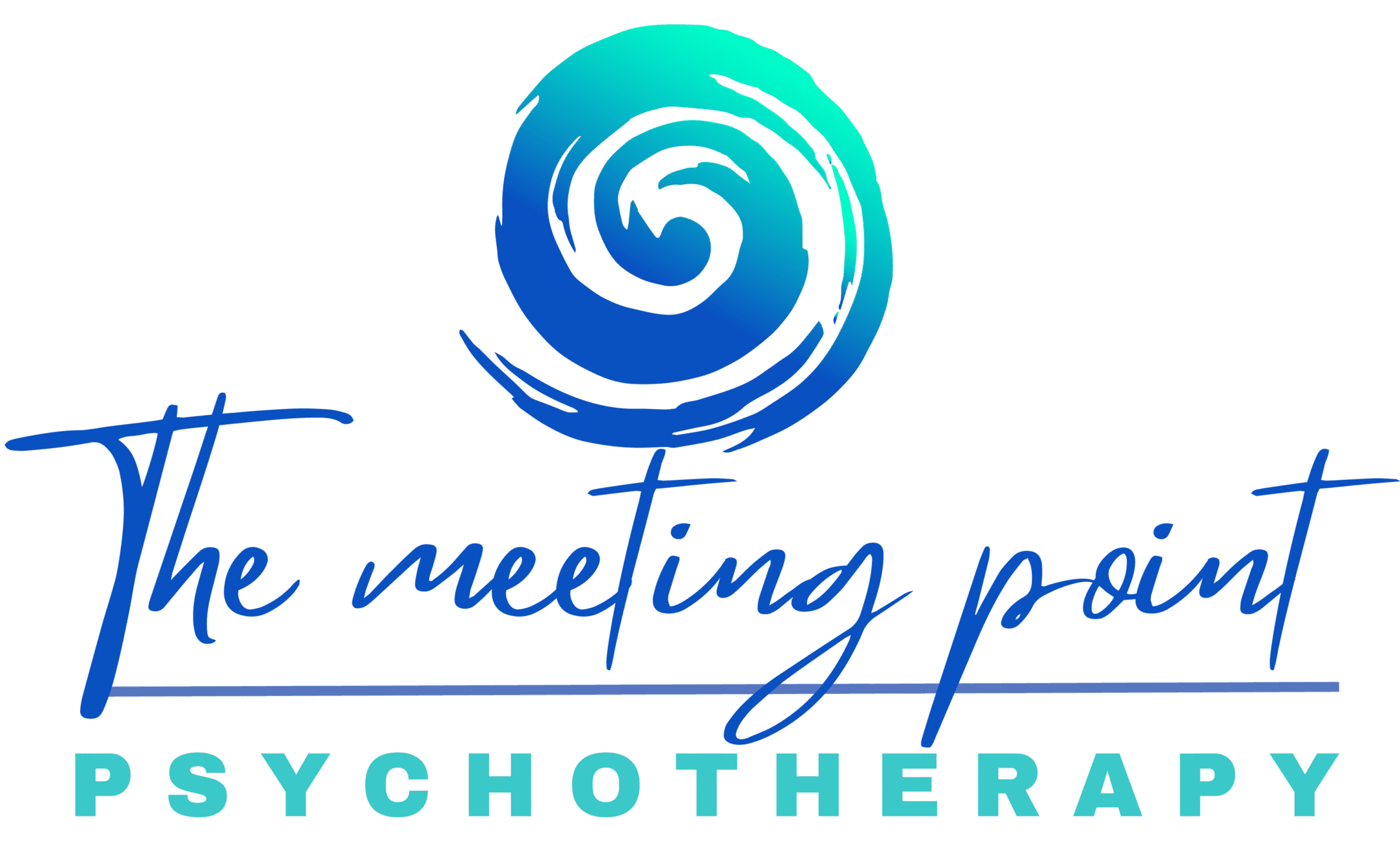
You’re Not Alone: Finding Help and Hope with Depression
Depression isn’t just sadness. It’s a heavy, often invisible weight that can affect every part of your life—how you think, feel, sleep, eat, and relate to others. If you’re reading this, whether you’re struggling yourself or supporting someone who is, please know this: you’re not alone.
What Is Depression?
Depression is a mental health condition that goes beyond feeling down or having a bad day. It’s a persistent feeling of sadness, emptiness, or hopelessness that doesn’t go away on its own. It can make daily tasks feel overwhelming, and sometimes, even getting out of bed can feel like a battle.
Some common signs of depression include:
-
Feeling sad, numb, or hopeless most of the day
-
Loss of interest or pleasure in things you once enjoyed
-
Trouble sleeping or sleeping too much
-
Changes in appetite or weight
-
Fatigue or low energy
-
Difficulty concentrating
-
Feelings of guilt or worthlessness
-
Thoughts of self-harm or suicide
Everyone’s experience is different. You don’t have to check every box to be struggling with depression.
What Causes Depression?
Depression can be caused by a mix of factors, including:
-
Biological: genetics, brain chemistry, or hormonal imbalances
-
Psychological: trauma, stress, or negative thought patterns
-
Environmental: isolation, abuse, or major life changes
Sometimes there’s no clear reason—and that’s okay. Depression is valid even if you can’t explain why you feel the way you do.
You Can Get Help—and It Works
The good news is that depression is treatable. The first and hardest step is asking for help, but you don’t have to face it alone.
Here are some ways to get support:
-
Talk to a mental health professional. Therapists, psychologists, and psychiatrists are trained to help you understand and manage what you’re feeling.
-
Consider medication. For many, antidepressants can help rebalance brain chemicals and improve mood. Always talk to a doctor about your options.
-
Reach out to someone you trust. Whether it’s a friend, partner, parent, or teacher—just telling someone can lift part of the weight.
-
Join a support group. Hearing others’ experiences can remind you that you’re not alone and that recovery is possible.
-
Practice self-care. Small steps—like walking, journaling, eating regularly, or simply breathing—can make a difference.
If You’re in Crisis
If you or someone you know is in immediate danger or considering self-harm, please seek help right away:
-
Call a local emergency number or suicide hotline
-
Text a crisis line (e.g., in the U.S., text HOME to 741741)
-
Visit the nearest emergency room
A Final Word: There’s Hope
Depression lies. It tells you that you’re broken, that things will never get better. But that’s not the truth. You are not weak for feeling this way. You are not a burden. And you absolutely can feel better.
Recovery doesn’t happen overnight. It’s a process, full of small wins and setbacks—but it’s a journey worth taking.
You’re not alone. You matter. And help is out there.
